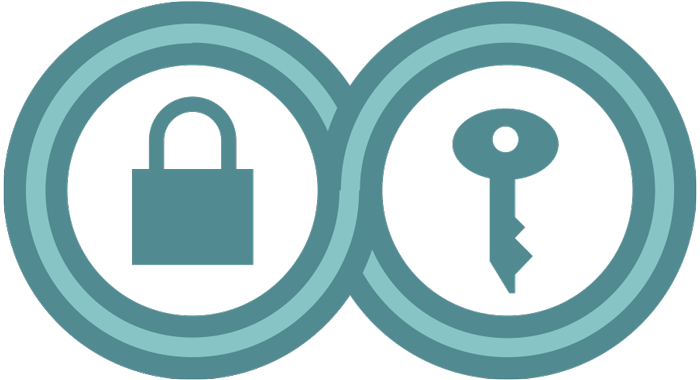Animated Overview: Using Password Managers to Stay Safe Online
Last Reviewed: November 10, 2019
This embed will serve content from
archive.org.
You get a lot done on the Internet, and that means you probably have a lot of accounts on many different websites. But did you know that if you use the same password on every website or almost use the same password and change it a little bit for each site you’re more vulnerable to a cyber attack ? Because if just one of these websites gets broken into, thieves can get ahold of the passwords of everyone on that site and can use them to break into accounts on other sites.
Break-ins happen more than you think—and often without the hacked website even knowing. To resist the temptation of reusing passwords, try:
- Writing down your passwords: Wait, aren’t we supposed to keep passwords in our heads and never write them down? Actually, writing them down, and keeping them somewhere safe like your wallet, is useful so you’ll at least know if your written passwords go missing or get stolen.
- Use a password manager : Password managers are programs you can download for your phone or computer that will create, store, and even automatically fill in unique passwords on websites and other online services. When you install a password manager, you should update all of your old, weak passwords. Password managers can keep your account details safe and synchronize them between your devices. Warning: Password managers do need a master password —one that you type into the manager to unlock all the others. You’ll want that one to be extra secure, but easy to remember because it’s the one password you won’t be able to store in your password manager.
For more information, check out our guide to creating strong passwords.

